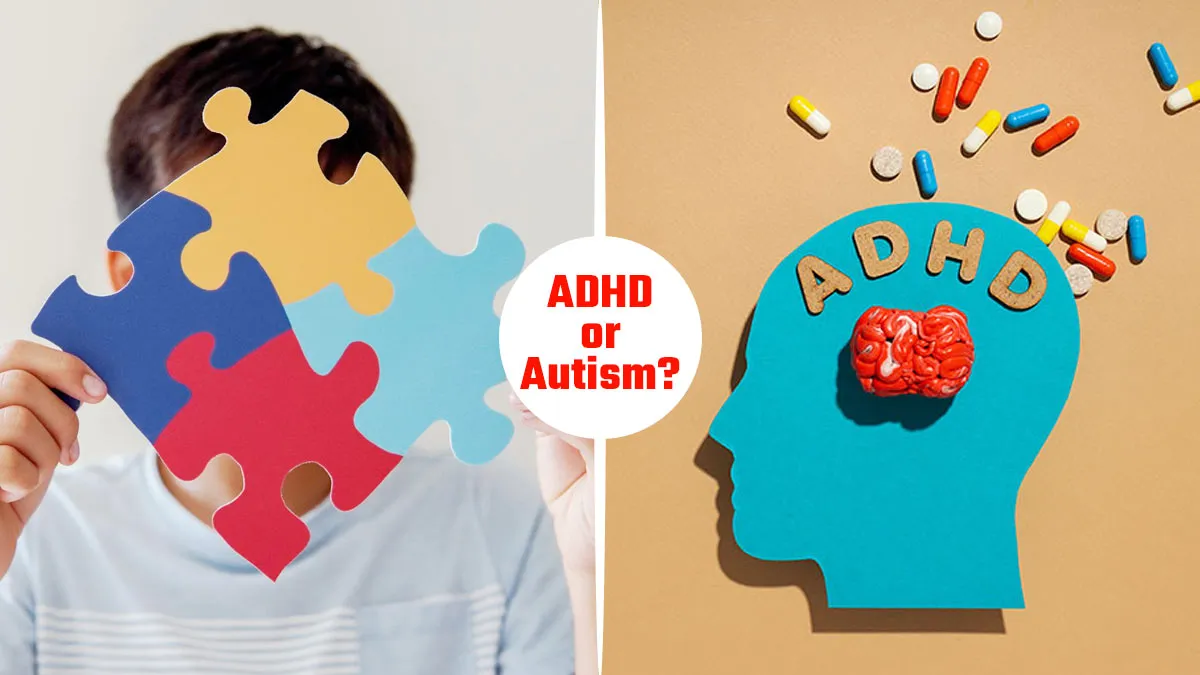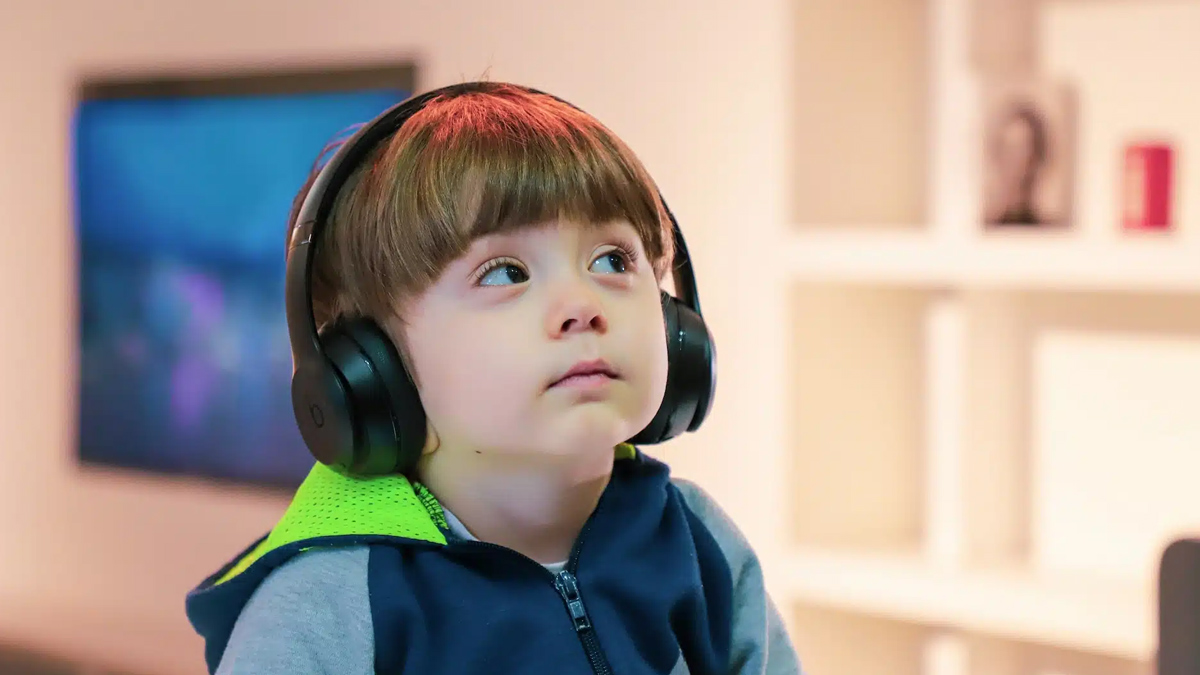
Several individuals are confused regarding ADHD and autism. Some believe they are similar or nearly connected. But that is not exactly correct. Both are conditions that influence the way the brain functions and grows. But they are distinct with varying signs and requirements. To make things more understandable, we spoke with Debdutta Roy, Clinical Psychologist, Insync Child Development Centre, Hyderabad. The specialist explained the biggest differences between the two and why it is important to know about them. This manual will inform you about ADHD and autism, and how they impact children differently.
Table of Content:-
CHECK YOUR
MENTAL HEALTH

ADHD and Autism: What Are They?![adhd and autism 1 - 2025-07-17T101851.413]()
Both ADHD and autism are neurodevelopmental disorders. That is, they impact brain development. But they are different. Both have their own symptoms and how they appear.
"ADHD and autism each have distinct diagnostic criteria," according to Debdutta Roy. That is, physicians apply different guidelines in identifying each condition. But at times, a child can have both simultaneously. This is referred to as being comorbid.
What Is ADHD?![adhd 4 (94)]()
ADHD is short for Attention Deficit Hyperactivity Disorder. The primary symptoms are difficulty paying attention, being extremely active, and being very impulsive. Children with ADHD tend to have difficulty sustaining their attention on one activity. Their brains flip back and forth from activity to activity. They tend to interrupt others or dash into things without considering the consequences.
ALSO READ: Is Autism a Genetic Disorder? Expert Shares Fact From Fiction
What Is Autism?![autism 2 - 2025-07-17T101852.678]()
Autism, or Autism Spectrum Disorder (ASD), is all about the way a person talks and connects with others. Children with autism might find it difficult to get along socially. They might not get the subtleties of social cues such as tone of voice or facial expressions. They tend to repeat actions or have intense interests in certain aspects. They can also be more sensitive to sounds, light, or touch.
How Are They Different?
Roy describes, "The primary difficulties in ADHD are inattention, hyperactivity, and impulsivity." These make it difficult for children to sit or concentrate. "In autism, the difficulty is primarily with social skills, repetitive behaviours, and sensory differences." Children with autism may flap their hands or echo words. They seek comfort in routines and sameness.
What About Repetitive Behaviours?![adhd form of autism 3 - 2025-07-17T101855.659]()
ADHD and autism both may exhibit repeated actions. But the causes differ. For children with ADHD, routines can assist them in regulating attention," Roy explains. "For autistic children, stimming and restricted interests give them a sense of comfort." Stimming refers to repetitive movements or noises that soothe or concentrate the individual. Restricted interests refer to the fact that they might want to discuss or learn about only one subject.
Social Challenges
ADHD children struggle to pay attention to social signals since their minds are distracted and restless. They learn a lot of things simultaneously and struggle to focus on one conversation. Autistic children, on the contrary, struggle to read or interpret what other people say. They also fail to decipher body language, facial expressions, and tone. It may also be difficult for them to express their own feelings.
ALSO READ: What Is A Neurodivergent Person? Expert Shares Signs, Causes, and Treatment
Treatment Approaches![adhd autism treatment 5 (16)]()
ADHD treatment usually involves medication, such as stimulants, to assist with concentration. Behaviour therapy and school support assist as well. Autism therapy is more expansive. It may involve Applied Behaviour Analysis (ABA), speech therapy, occupational therapy, and environmental supports. These assist with communication, daily living skills, and minimizing stress from sensory problems. Roy states, "While therapy is crucial for both, autism treatment is more likely to involve a variety of types of therapy."
Why It Is Important to Understand the Difference
ADHD and autism can sometimes go together. However, they are distinct conditions. Understanding their differences aids parents and educators in offering the proper support. "ADHD children seek novelty and can be impulsive," states Roy. "Autistic children are often in need of routines and sameness." Understanding each child's individual needs provides for greater care and compassion.
According to a JAMA Psychiatry study, ADHD and autism are partially linked genetically but are different conditions. The study emphasizes the need for early diagnosis and tailored treatment of children who have either or both conditions. Read here.
Conclusion
ADHD and autism are not identical, although they have some similarities. Expert opinions such as those of Debdutta Roy clarify this. When we know how each disorder operates, we can assist children better. That is providing them with the appropriate equipment to flourish and develop on their own terms.
Also watch this video
How we keep this article up to date:
We work with experts and keep a close eye on the latest in health and wellness. Whenever there is a new research or helpful information, we update our articles with accurate and useful advice.
Current Version


-1752728510515.jpg)


-1752728481053.jpg)